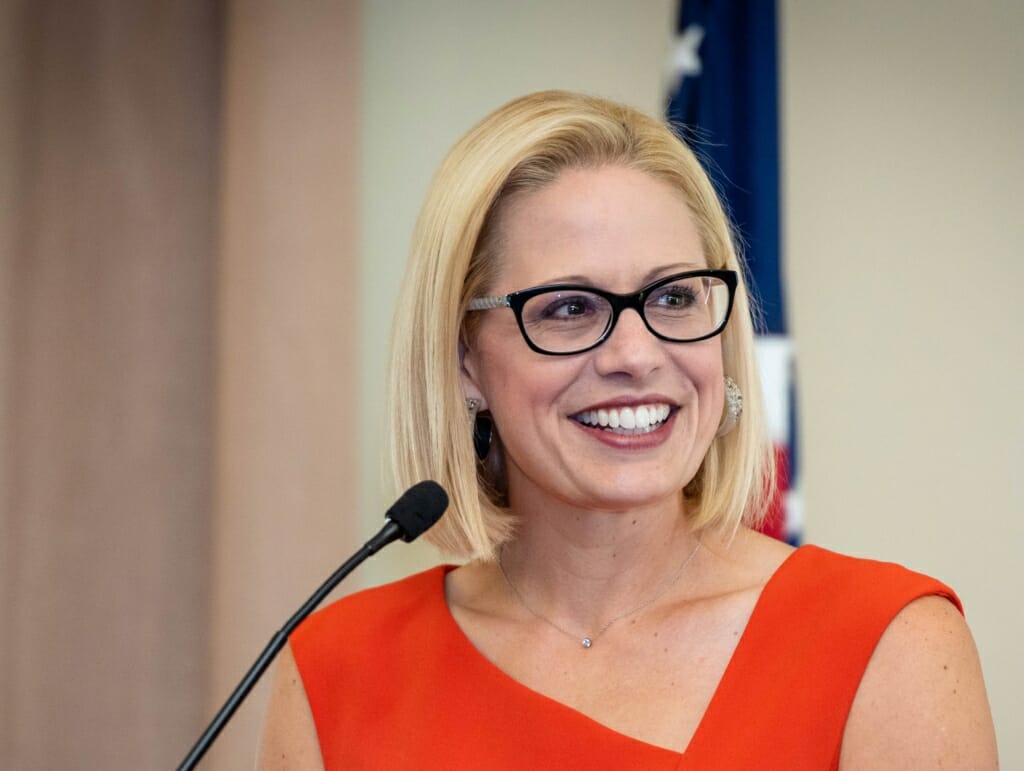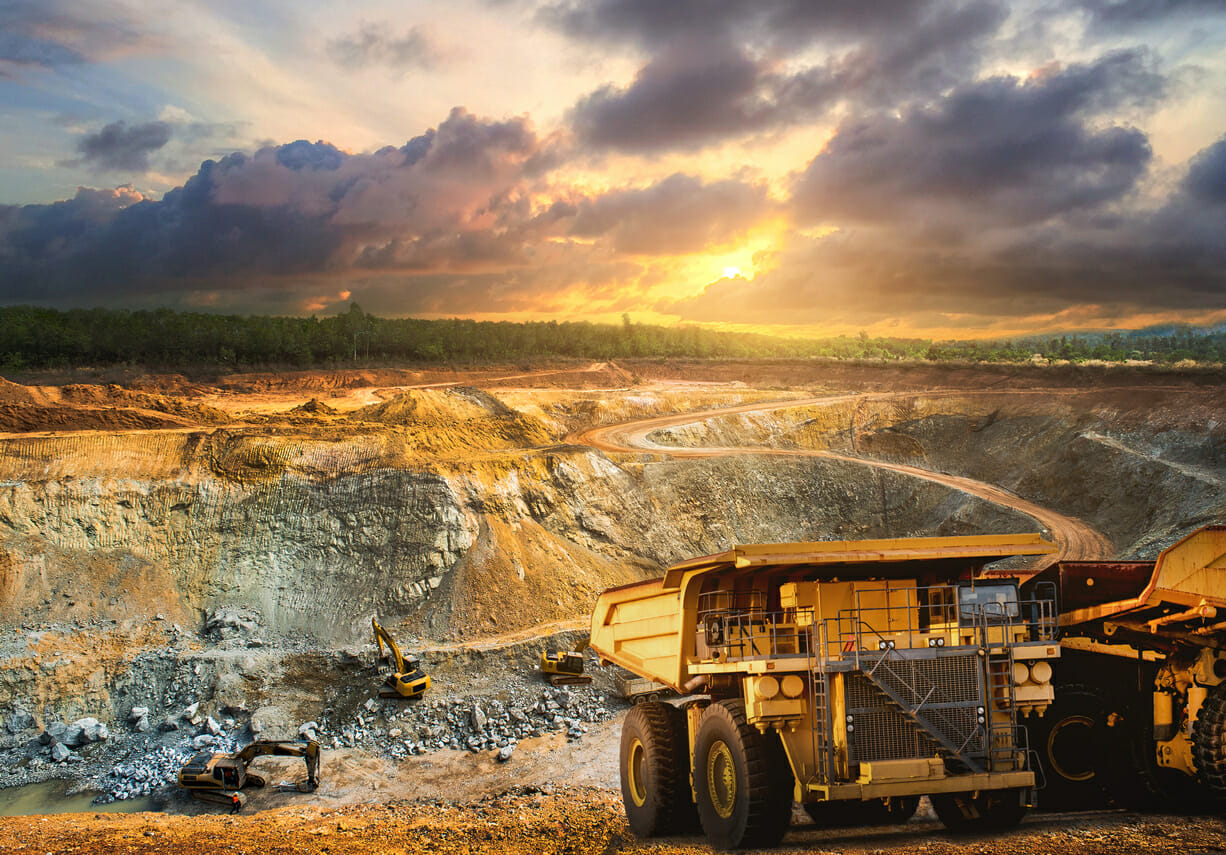On April 21, Sen. Kyrsten Sinema, the Phoenix Committee on Foreign Relations and Arizona Defense & Industry Coalition gathered for a discussion on securing America’s ctricial mineral supply chain. Sinema’s opening conversation centered on importance of keeping critical mineral mining, refining and overall operations stateside — particularly, but not solely — in the interest of national security.
READ ALSO: Here’s how new Edwards facility boosts Arizona semiconductor industry
DEEPER DIVE: Read Arizona Mining Association special report
“We cannot rely on foreign competitors or adversaries to supply critical minerals that underpin our defense innovations,” Sinema said. “Our national security is only as strong as the supply chain behind it.”
Continuing to rely on foreign critical mineral production, according to Sinema, increases the risk of “leaving a glaring hole in our national defense.” The senator went on to share that China — a current top U.S. competitor — mines 60% of global rare earth elements and processes. Furthermore, 90% of these foreign-mined minerals are “critical components” to U.S. national defense.
“Every F 35 strike fighter requires 920 pounds of rare earth minerals. Every Arleigh Bird Destroyer requires 5,500 pounds of rare earth material, and a Virginia class submarine needs 9,200 pounds,” Sinema stated.

In an effort to stymy foreign critical mineral extraction and processing, Sinema says Arizona can serve a pivotal role in fueling the stateside supply chain. “Just as Arizona leads the way in nearly every aspect of our defense industry supply chain,” she said, “I know that we can lead the resurgence of responsibly produced critical minerals and rare earth elements. In doing so, we will bolster our national defense, and that is why I am so excited to work with the Arizona Defense Industry Coalition.”
Second to the topic of national defense was the preservation of domestically harvested critical minerals to support green energy initiatives.
“The mining of critical channels is essential to building out a national network of electric vehicle charging stations, which will allow Americans to rely on a cleaner remote transportation, no matter where they live in the country,” Sinema said.
Part of the growing concerns over the implications of foreign entities monopolizing critical mineral mining and production, has largely been due to a lack of understanding among political leaders. While conservative constituents often prioritize national defense needs, and those in the Democratic aisle favor green and clean energy initiatives when it comes to critical minerals, according to Sinema, the ultimate solution to appease both parties will be policy and permitting reform.
“We need policy reform to catch up to the investments that we’ve passed in recent years,” Sinema said. “And that’s why I’m working with my colleagues and the administration to help them understand the importance of critical minerals to our country’s economic competitiveness and our national security. Because congressional support will provide the certainty our businesses need to invest and drive us forward.”
Currently, mining permits in Arizona can take years, if not decades to approve. Az Business asked Sinema about what a bipartisan solution to permitting might entail, and she relayed that, “[A] permitting reform package is seeking to streamline that [permit] process, still ensuring that we have environmental protections for communities and for the future of the land, but also doing it in a way that is faster with less litigation.”
In closing, Sinema says that when it comes to being hopeful about transitioning the full critical mineral supply chain back to the U.S., here answer: “Of course I am!”




